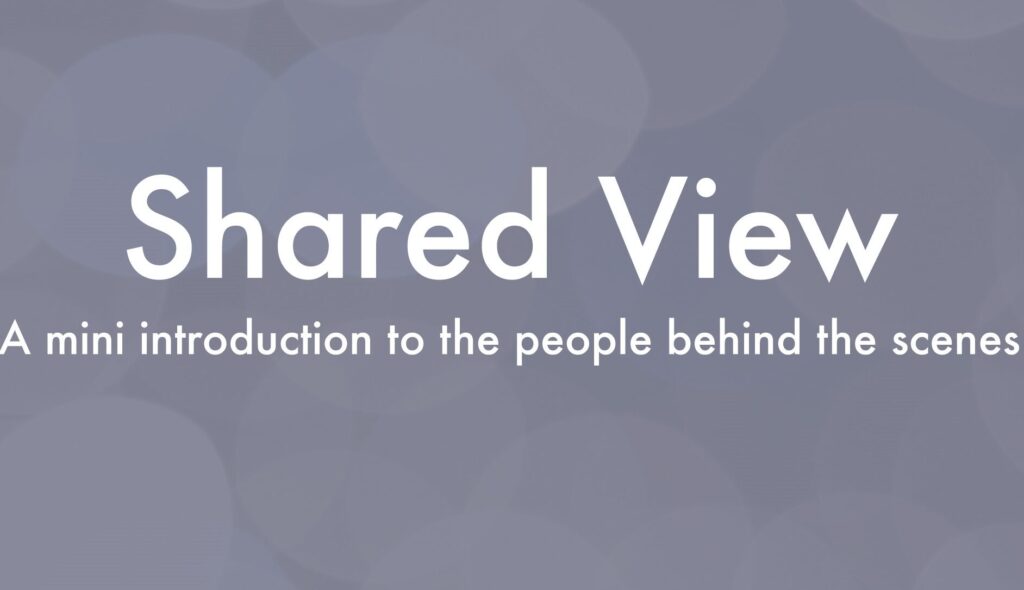Towards the end of January, I took my first steps into School Yard as the new Graduate Trainee Archives Assistant. Throughout the next eight months, I gained invaluable experience of what it takes to be an archivist.

I was excited to get started on my two main cataloguing projects, the first of which involved cataloguing 19th and 20th century title deeds of properties belonging to the college. A title deed is a “document that states and proves a person’s legal right to own a piece of land or building” and the aim of the project was to pull out key details from each which would increase the searchability and accessibility of these records.[1] I also helped to catalogue the Musae Etonenses, collections of Latin and Greek verses written by boys in 18th and 19th century. I identified the boy who composed each verse from the surname and date written upon it. Some of the names I recognised too, for example, ‘Lord Douro’, the courtesy title given to the 2nd Duke of Wellington as a child.

I also held several other responsibilities through which I gained invaluable experience of the archiving world: I answered enquiries, predominantly from authors and family historians; I assisted visiting readers, sourcing and collecting relevant research material; I supported a volunteer; and I listed possible material for an upcoming exhibition.
Towards the end of March, working from home became the new normal, and for Eton Collections this was no different. Despite the absence of the ever-impressive College Chapel to look out onto from my desk and the now much-reduced selection of biscuits at hand being a shock to the system, I was extremely lucky to be given continued and varied experience of the sector in such unforeseeable circumstances. In many ways, my roles remained similar: I continued to answer enquiries using our digital resources and to catalogue items from existing images and hard copy catalogues. The time which I was no longer spending cataloguing title deeds and the Musae Etonenses, both of which remained safely in the strong rooms, I devoted to developing my palaeography skills – that is, reading old handwriting – through transcribing the wills of previous staff members, making them more accessible for our researchers. These covered a broad span of years, from 1545 to 1857, and a wide range of people, from cooks to provosts. Some of the wills had an extra step of translating out of Latin too!

As my time at Eton comes to a close, I reflect upon what I have learned, feeling eternally grateful for every opportunity I have been given. Initially, I was fazed by such a large collection. I soon realised that this was natural, and that familiarity with a collection comes with experience using it. I also learned just how important an archivist’s role is in making documents accessible for researchers. An archivist truly is the key to unlocking documented history and the ways in which items are catalogued will affect future researchers for years to come. Material must always be catalogued in a way which makes it easily searchable, by inputting key content and using correct terminology. Finally, and most importantly, I now have a clear view of what I want to be doing with my future.
I am truly sad to leave Eton, the rich history I have been immersed in, and the talented people I have had the pleasure of working with, but I am also excited to begin my new venture. As I now head to undertake further study in Archives and Records Management, I shall carry this experience with me. Thank you, Eton Collections, for such an unimaginable opportunity.
Grace has written for the Collections blog and social media while exploring the Eton archives:
https://etoncollegecollections.wordpress.com/2020/04/24/the-legacy-of-richard-porsons-handwriting/
https://etoncollegecollections.wordpress.com/2020/07/09/shared-view-3/
The Archives Assistant initiative has been a fantastic opportunity for the Collections as well as our trainees; we’ve benefited greatly from the skills, experiences and interests of an amazing group of people. Although it is always sad to see each Archives Assistant leave Eton, it is exciting to watch them move onto their degree and develop into amazing new archivists with a diverse range of interests and specialisms. We are excited to continue welcoming new post-holders with an interest in a career in archives.
Here are some reflections from past holders of this post on archives and their time at Eton:
https://etoncollegecollections.wordpress.com/2017/08/25/year-in-the-life/
https://etoncollegecollections.wordpress.com/2019/04/30/archives30-day-30-why-archives/
[1] McIntosh, Colin (ed.), Cambridge Advanced Learner’s Dictionary. Cambridge: Cambridge University Press, 2013.


